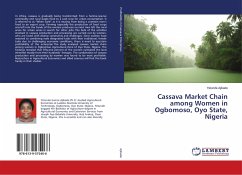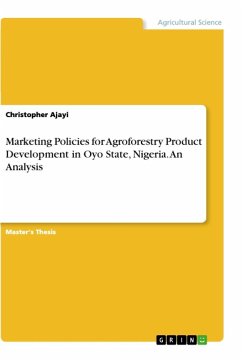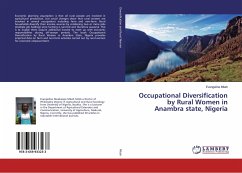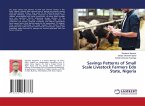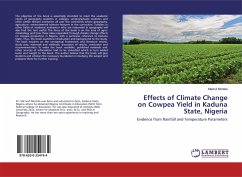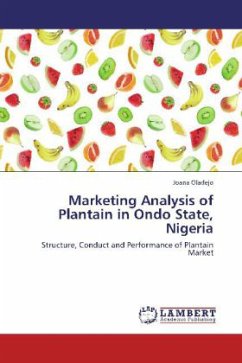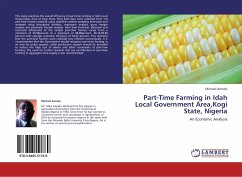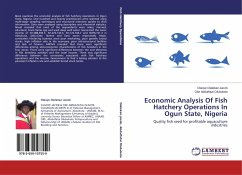In Africa, cassava is gradually being transformed from a famine-reserve commodity and rural staple food to a cash crop for urban consumption. It is referred to as "White Gold" as it is moving from being a common man's food to an export crop. Farming especially the production of food crops was left into the hands of the women producers.as most men left the rural areas for urban areas in search for other jobs. The bulk of the activities involved in cassava production and processing are carried out by women, who are faced with diverse constraints and challenges. Since women have resorted to combining male designated tasks with their traditional, female tasks due to challenging economic conditions, there is need to ascertain profitability of the enterprise This study analyzed cassava market chain among women in Ogbomoso Agricultural Zone of Oyo State, Nigeria. The findings revealed that fifty-one percent of the women cultivated the land inherited mostly from their husbands' lineages.The combination of cassava production and processing by women was found to be most profitable. Researchers in Agricultural Economics and allied sciences will find this book handy in their studies.
Bitte wählen Sie Ihr Anliegen aus.
Rechnungen
Retourenschein anfordern
Bestellstatus
Storno

